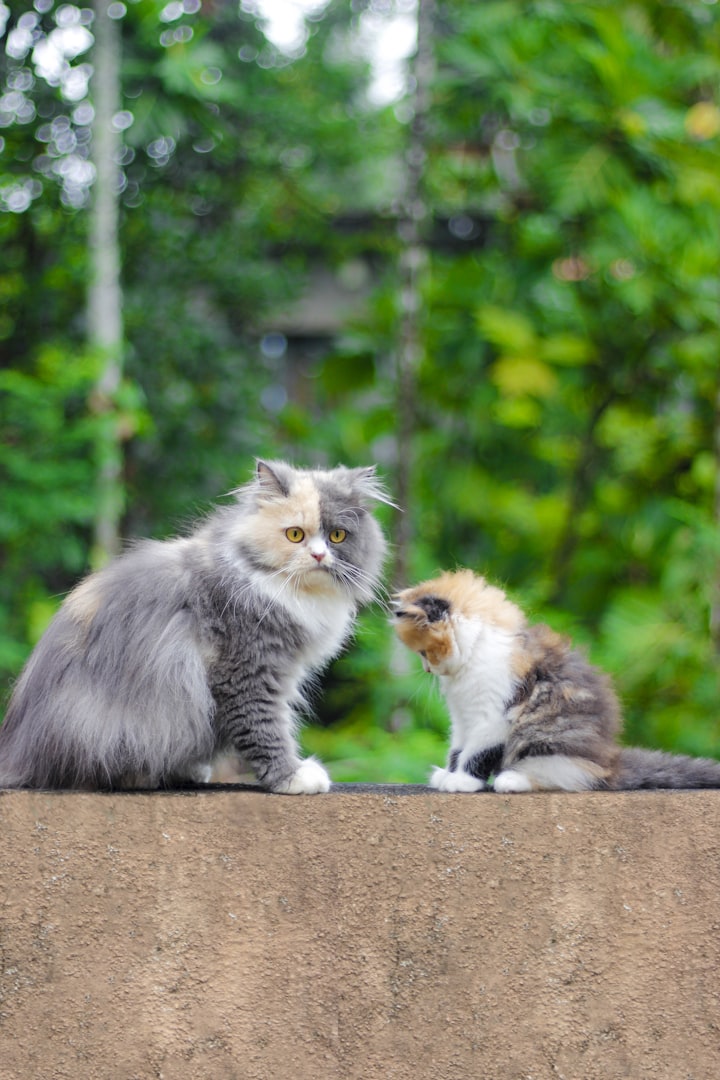The World's Most Endangered Mammals
Some Things About the Primates on Madagascar

There is one island off the coast of Africa that has been adapting and evolving on its own time. There are several different species of primates on the island, there are several species of lemurs, lorises, bush-babies, and tarsiers. Like the picture above, lemurs are the biggest prosimian on Madagascar and there are many species as well. There are, ring-tailed lemurs, indri lemurs, red ruffed lemurs, sifaka lemurs, black and white ruffed lemurs, and the Aye-aye. There are many more, and most of them are either critically endangered or endangered. This could be due to habitat loss, or hunting. To put this severity into data, 91 percent of the known species of lemurs are at least threatened (there are 103 known species). This has been worsening over time, and is not getting better.
Now that we have a background of what has been happening to the biodiverse island of Madagascar, lets talk lemurs! Lets start off with one of the most widely known lemurs, the ring tailed lemurs. These are a territorial bunch that is actually a matriarchy! In fact all lemurs are run with a matriarchy. Ring-tailed lemurs walk on all fours, as opposed to the sifaka lemurs that have such short arms they have to hop sideways. The ring-tailed lemurs are a part of the endangered category and are a part of the pet trade a long with many other primates.
The next we will look in more depth about is the Sifaka Lemurs, (aka the Zoboomafoo lemurs) these lemurs spend most of their days eating and resting. Their arms are way too short to walk on all fours like the ring-tailed lemurs, so they hop sideways when on the ground, when in the trees, they can jump from anywhere up to 30 feet (sifaka's have very accurate jumps). Sifakas are herbivores, meaning they eat leaves, fruits, flowers, tree bark, etc. (the picture above are sifaka lemurs). To conclude with the sifaka lemurs, their families usually have three to ten lemurs in it. The males move around but since its a matriarchy, the females stay put and breed with the males that come along. There are also a few subspecies of sifaka lemurs. Some of the lower classifications are Verreaux, Coquerel, Silky, Milne-Edwards', and Diademed Sifakas.
The last lemur that we will discuss is the indri lemurs. The indri lemurs are not as well known, but once you hear their unique and loud call you can quickly identify them. To put it in the most simple terms, the call sounds like a deflating balloon. The indri is actually the largest lemurs in the world, they can grow up to 72 cm but unlike the sifaka lemurs and ring-tailed lemurs, the indri have very short tails, the tails are usually used for balance. The indri lemurs are built a lot like sifaka lemurs where they hop sideways on the ground, have short arms, and use mainly their legs for jumping from tree to tree. Going back to their calls, the adult indris climb to the very top of the trees and call, they can be heard from about three km away.
Breeding lemurs in captivity is very hard, but indris have never been bred in captivity and are very slow at breeding— the recovery time for the indri lemurs is hurt by that. The lemur populations, along with the other primates on Madagascar, are being depleted slowly and are facing total extinction. Each lemur is built in a way to survive in the different areas of Madagascar and have been around for a long time. If lemurs are a passion, the best place to see lemurs in action, in the United States, is the Duke Lemur Center.
About the Creator
Hanna Lund
I am a fan of fun facts and random facts, I have a wide range of interests from the environmental sciences, the military, to any kind of history, to sports. Its all great!





Comments
There are no comments for this story
Be the first to respond and start the conversation.